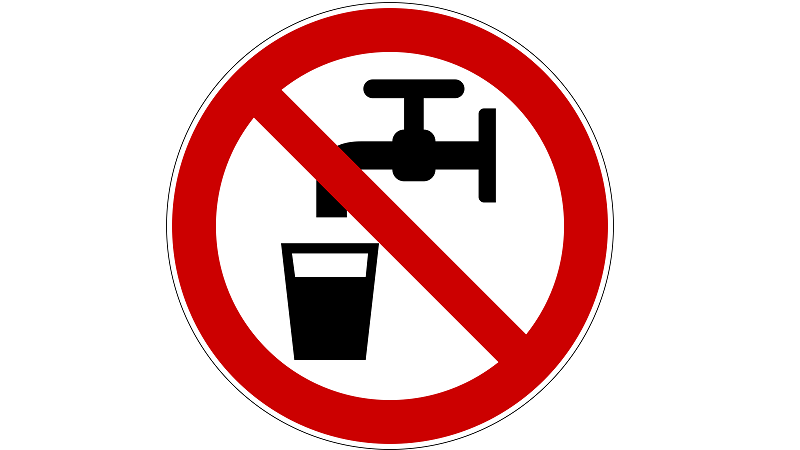The City of Cape Town has from today introduced stricter water restrictions in response to residents not reducing their household and commercial water consumption.
“As at 30 January 2017, dam levels have dropped to approximately 39.2 %, which is 1.3 % down from a week ago. With the last 10% of a dam’s water being unusable, city supply dam levels could be seen as effectively around 29.2%,” the city said in a statement.
“During this time of drought, our city’s dams are drastically lower than in previous years. It is crucial that all residents and businesses play their part by reducing consumption and saving water, while there is still water to be saved.”
Below are details of the changes from Level 3 to Level 3b water restrictions:

Added to the above, no irrigation using portable water will be permitted at city facilities and no increase of the indigent water allocation over and above the free 350 litres a day will be granted, unless through prior application and permission.
“Water consumption remains far too high among many users and in many areas and it is time that all residents and businesses take the water crisis seriously. City officials and the Area-based Mayoral Committee members are targeting the 20 000 highest water users to ensure that they comply with water restrictions and reduce their water consumption. We cannot all suffer because of the abuse of water by some,” said the city’s MMC for Informal Settlements, Water and Waste Services and Energy, Xanthea Limberg.
Some of the highest water users will soon receive notices from the city to drastically reduce their consumption. The city is also looking at instituting enhanced punitive measures to force consumption down in high-use areas if required.
These high-use areas include Athlone, Newlands, Newfields, Manenberg, Constantia, Lansdowne, Somerset West and Kraaifontein, among others.
“The city will continue to implement its other key initiatives for water management and conservation, as well as concentrating on water extraction from alternative supply sources while planning for the longer-term with the National Department of Water and Sanitation (who is the custodian of water resources) and other stakeholders in the region,” the city said.

